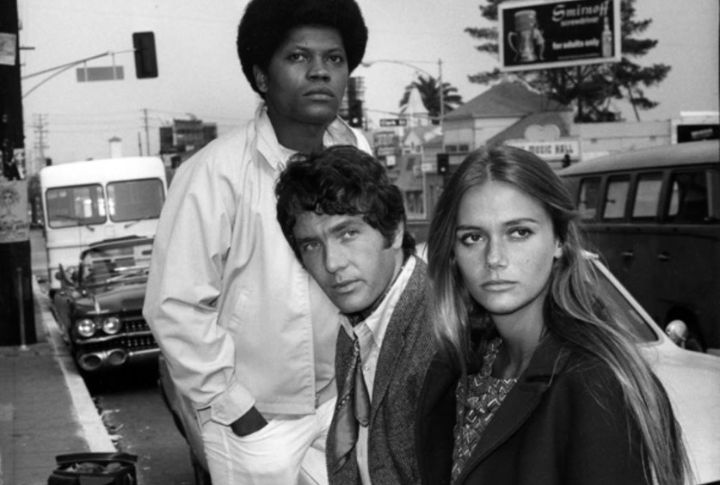
During the 1960s, society experienced significant cultural shifts and transformations as traditional norms were questioned and limits were tested. Baby Boomers, coming of age during this transformative era, experienced freedoms and indulgences that would astonish modern sensibilities. Here are 10 things Boomers embraced in the 60s that would undoubtedly provoke today’s perspectives.
Smoking Almost Anywhere

In the ’60s, smoking was not only ubiquitous but widely accepted in places like airplanes, offices, and even hospitals. Restaurants and public spaces were filled with cigarette smoke, a far cry from today’s stringent smoking bans aimed at protecting public health.
Unregulated Advertising

Advertisements in the ’60s often promoted cigarettes, alcohol, and even prescription drugs without the strict regulations and disclaimers required today. The portrayal of gender roles and racial stereotypes in ads was also commonplace.
Cultural Appropriation in Fashion
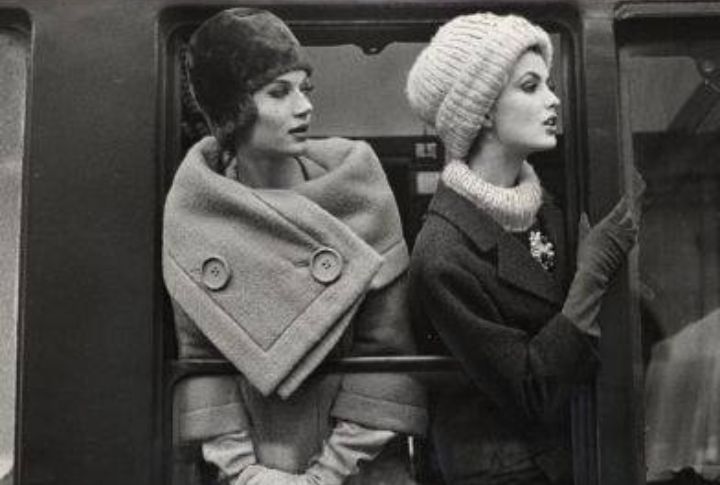
The ’60s saw a surge in fashion trends, borrowing heavily from cultures around the world without the scrutiny of cultural sensitivity we see today. From Native American headdresses to Asian-inspired prints, fashion choices were more about aesthetics than cultural respect.
Unmonitored Playground Activities
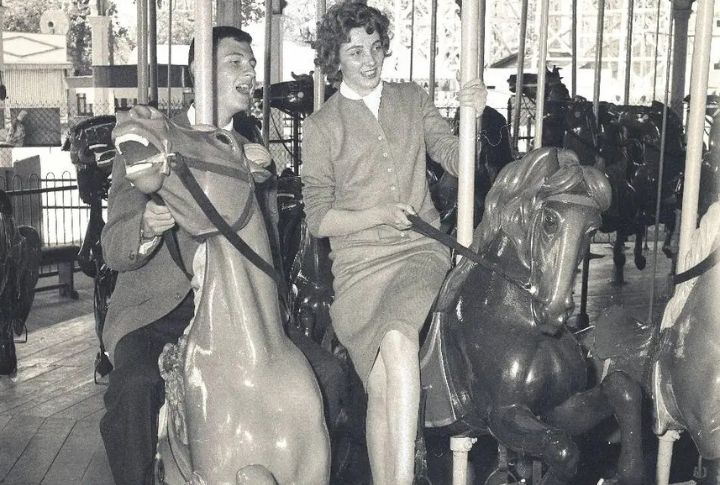
Children played freely on playgrounds with equipment that today would be considered unsafe or liability-prone. Jungle gyms, seesaws, and merry-go-rounds were standard, and there was little concern for the potential risks.
Looser Drug Laws
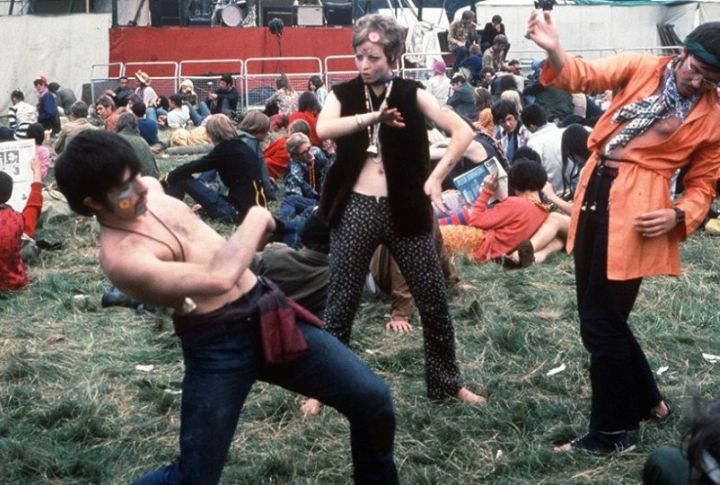
Experimentation with drugs like marijuana and LSD was widespread and less policed than it is today. Boomers saw the ’60s as an era of mind expansion and cultural exploration, often under the influence of substances that are now heavily controlled.
Different Standards for Workplace Conduct

The workplace in the ’60s often had different norms regarding appropriate behavior, with sexual harassment and discrimination being pervasive issues that were rarely addressed or even acknowledged.
Minimal Environmental Awareness
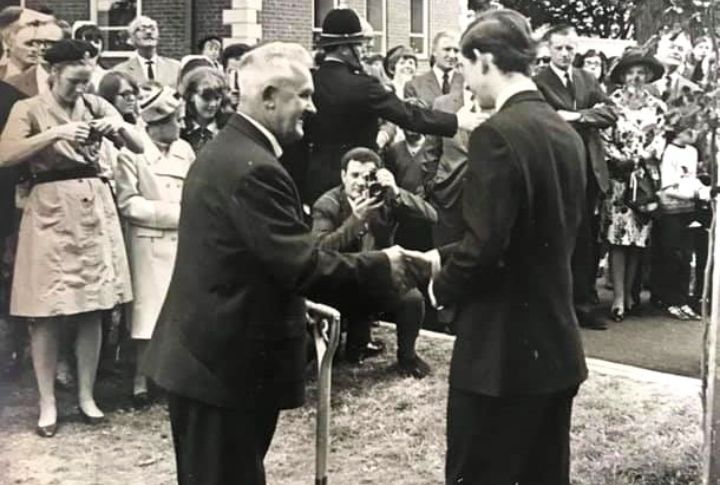
Environmental conservation and awareness were not mainstream concerns in that era. Practices like littering, excessive pesticide use, and industrial pollution were rampant without the environmental regulations and activism seen today.
Controversial Television Programming
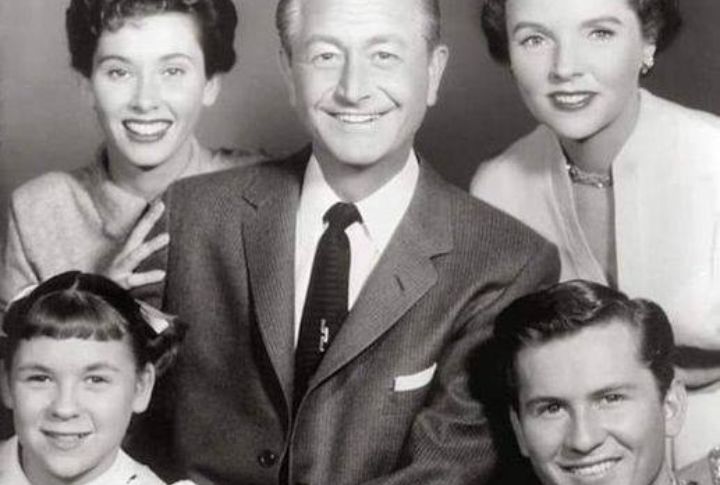
Television shows and advertisements often feature content that is considered offensive or inappropriate in the modern world. Racial stereotypes, sexist portrayals, and glamorization of violence were more prevalent.
Limited Animal Rights Awareness
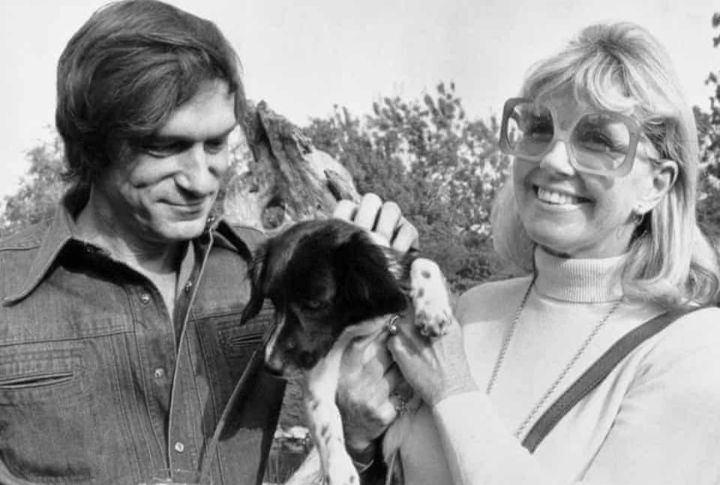
In the past, there was little societal concern for the welfare of animals. Practices such as animal testing and using exotic animals in circuses were widely accepted without the ethical scrutiny we see today.
Acceptance of Corporal Punishment

Discipline in schools and homes often included physical punishment, such as spanking, which was considered a normal part of child-rearing practices. Today, such methods are subject to intense debate and scrutiny regarding their efficacy and ethical implications.

Comments
Loading…